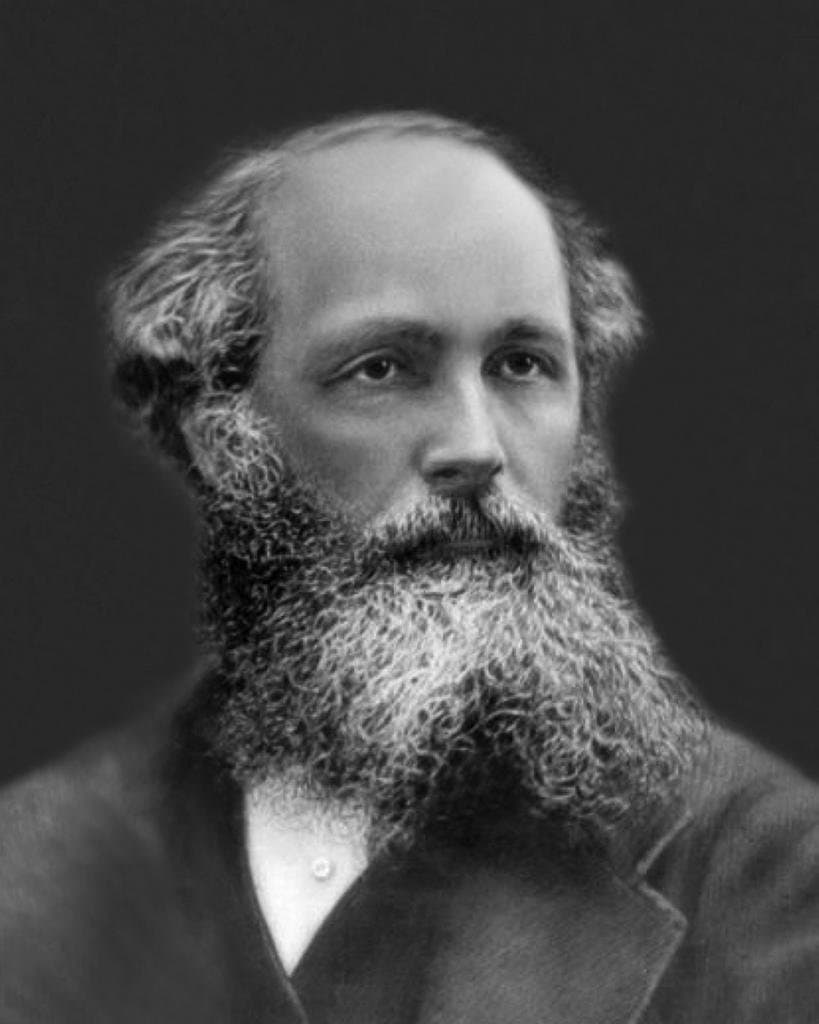James Clerk Maxwell: The Pioneer of Electromagnetism

James Clerk Maxwell was a Scottish physicist and mathematician who made groundbreaking contributions to the field of electromagnetism. Born on June 13, 1831, in Edinburgh, Scotland, Maxwell's work laid the foundation for the development of modern physics and paved the way for many technological advancements in the field of electricity and magnetism.
Early Life and Education
Maxwell showed exceptional talent from a young age. He attended the prestigious Edinburgh Academy and later enrolled at the University of Edinburgh when he was just 16 years old. He excelled in his studies, particularly in mathematics and physics. Maxwell's thirst for knowledge and his ability to grasp complex concepts quickly set him apart from his peers.
Electromagnetic Theory
One of Maxwell's most significant achievements was the formulation of the theory of electromagnetism. He united the laws of electricity and magnetism into a unified mathematical framework, known as Maxwell's equations. These equations describe the behavior of electric and magnetic fields and their interactions.
Maxwell's equations demonstrated that electric and magnetic fields are not separate entities but are interconnected and can influence each other. He showed that changes in electric fields can generate magnetic fields, and vice versa, leading to the propagation of electromagnetic waves. This groundbreaking insight led to the realization that light itself is an electromagnetic wave.
Electromagnetic Wave Theory
Maxwell's equations predicted the existence of electromagnetic waves and their properties. He mathematically derived the speed of electromagnetic waves, concluding that they travel at a constant speed, which he calculated to be equal to the speed of light. This remarkable discovery provided strong evidence for the wave nature of light and laid the foundation for the development of modern optics.
Experimental Verification
Maxwell's theoretical work was later experimentally verified by Heinrich Hertz, who successfully generated and detected electromagnetic waves in the late 19th century. Hertz's experiments confirmed Maxwell's predictions, solidifying the understanding of the electromagnetic wave nature of light and marking a significant milestone in the history of physics.
Legacy and Impact
James Clerk Maxwell's contributions to science and his profound insights into the nature of electromagnetism have had an enduring impact. His work not only revolutionized our understanding of the fundamental forces of nature but also paved the way for numerous technological advancements.
Maxwell's equations continue to be a cornerstone of modern physics, forming the basis for the development of technologies such as wireless communication, radio, television, and radar systems. His theoretical framework provided the necessary tools for subsequent scientists to explore and advance our knowledge in various areas, including quantum mechanics and relativity.
Maxwell's remarkable intellect, mathematical prowess, and relentless pursuit of scientific truth have solidified his place among the greatest physicists in history. His groundbreaking discoveries and elegant equations continue to inspire and guide generations of scientists and engineers.
Conclusion
James Clerk Maxwell's contributions to the field of electromagnetism have forever changed our understanding of the physical world. His unification of electricity and magnetism through his equations paved the way for the development of modern physics and numerous technological advancements. Maxwell's work stands as a testament to the power of human curiosity, ingenuity, and the pursuit of knowledge.
Disclaimer: The image used in this article is for illustrative purposes only and may not represent an accurate depiction of James Clerk Maxwell.